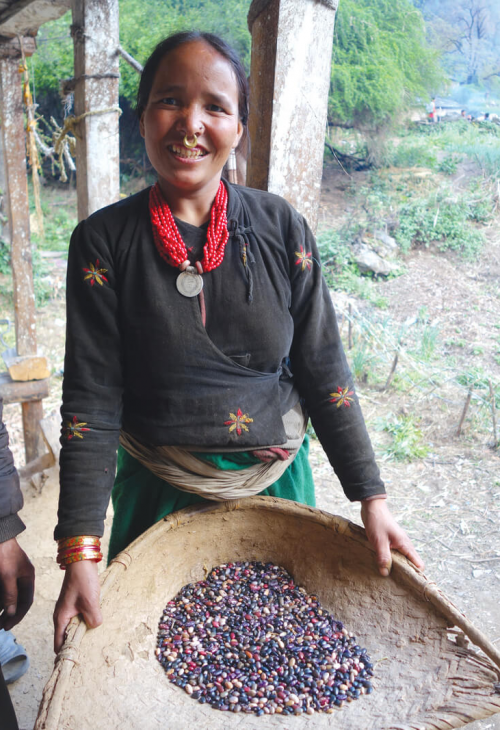- Putting gender equality at the heart of climate action and resilience
- Raising women’s voices and leadership is critical for decision-making in climate change
- Renewable energy can be a catalyst for women’s sustainable livelihoods
- Women and marginalized groups are a fountain of solutions for climate change and disaster risk reduction.
- For women to be able to adapt to climate change and disasters, they need to be able to access, use and feed into knowledge, technology, finance and policy
The Asia and the Pacific region is one of the most vulnerable regions to climate change impacts in the world. Women are extremely sensitive to these changes given their lack of access to essential resources such as land, finance or information. Because the nexus between gender and climate change is often underestimated, UN Women and UN Environment jointly created the EmPower project. Targeting Bangladesh, Cambodia and Vietnam, along these lines MEBFA aims to build women’s resilience facing climate change in Nepal.
According to the 2016 World Risk Report, 10 out of the 15 most at risk countries to climate change and disasters are in Asia and the Pacific. The region combines high exposure to frequent and damaging natural hazards with a low capacity to manage the resulting risks.
Climate change and climate-induced disasters remain the largest threat to the achievement of global sustainable development today. When disasters hit, often women and girls face secondary negative impacts such as gender-based violence, forced marriage and human trafficking.
The capacities, skills, and resources that women, girls and other diverse groups possess in effectively addressing climate change often go untapped due to stereotypes. The devaluation of their knowledge results in their exclusion from decision-making at household and community level.
The time is now to give a platform for women and marginalized groups to use their voices, agency and leadership and collaborate with men to build resilience and secure sustainable development. In this context, UN Women and UN Environment jointly initiated the EmPower project, Mt. Everest Forest Botanicals Alliance will focus on, along with many governmental, non-governmental and civil society organization partners, towards the following five goals:
- Encourage indigeneous, socially excluded, women and marginalized groups to participate in the decision-making process
- Generate, analyse and use income, caste, sex, age, and diversity disaggregated data to inform policy.
- Improve gender and socially excluded responsiveness in climate and disaster risk reduction policies
- Enable Indigeneous/Marginalized/Socially Excluded & Women to use renewable energy as economic resources for resilient livelihoods
- Improve regional mechanism, processes and knowledge on climate change and disaster risk reduction to include gender and human rights



